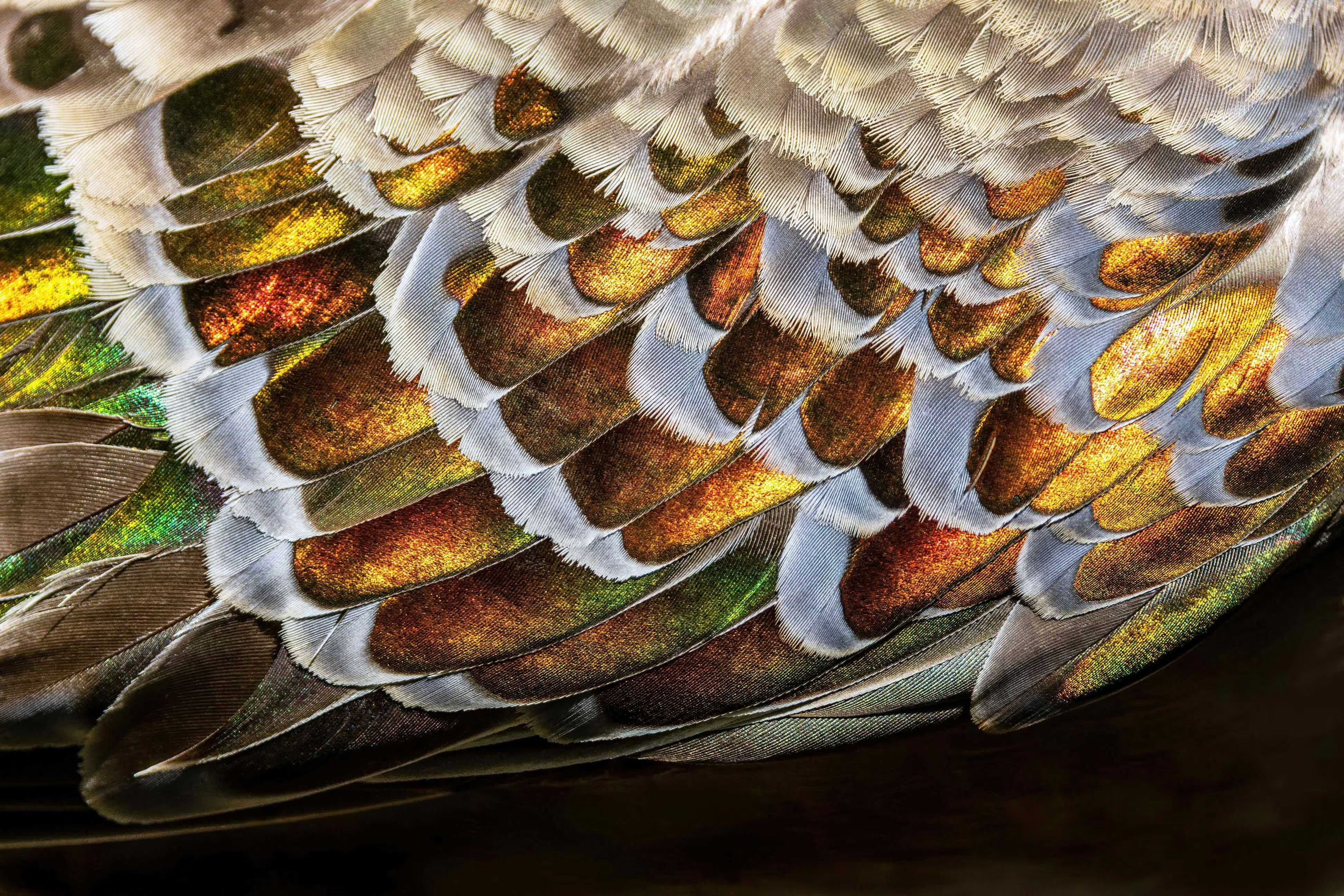

Photo by David Clode on Unsplash
Your Mercy, Oh Eternal One
Hymn composed by
Scottish PsalterContextual information
Singing the Living Tradition attributes the lyrics to Rabindranath Tagore (1861–1941), but this is incorrect. The words are from an 1885 poem by the Quaker poet and abolitionist John Greenleaf Whitter (1807–1892), entitled “Hymns of the Brahmo Somaj.” Whittier explains that his poem is an attempt to paraphrase certain hymns from the Brahmo Somaj movement in India, as translated to English by Protap Chunder Mozoomdar (1840–1905) in his 1882 book The Faith and Progress of the Brahmo Somaj. On page 194, Mozoomdar gives the words that inspired Whittier, and says that the hymn was used in services by Debendranath Tagore (1817–1905), Rabindranath Tagore’s father, between 1858 and 1861. Mozoomdar does say that the hymn was one of those composed “by some of his [Tagore’s] sons,” but since Rabindranath was not born until 1861 it could not have been written by him.
In any case, Whitter’s words are far enough from those in Mozoomdar’s book that a better attribution would be to “John Greenleaf Whittier, inspired by hymns of the Brahmo Somaj.”
Singing the Living Tradition attributes the lyrics to Rabindranath Tagore (1861–1941), but this is incorrect. The words are from an 1885 poem by the Quaker poet and abolitionist John Greenleaf Whitter (1807–1892), entitled “Hymns of the Brahmo Somaj.” Whittier explains that his poem is an attempt to paraphrase certain hymns from the Brahmo Somaj movement in India, as translated to English by Protap Chunder Mozoomdar (1840–1905) in his 1882 book The Faith and Progress of the Brahmo Somaj. On page 194, Mozoomdar gives the words that inspired Whittier, and says that the hymn was used in services by Debendranath Tagore (1817–1905), Rabindranath Tagore’s father, between 1858 and 1861. Mozoomdar does say that the hymn was one of those composed “by some of his [Tagore’s] sons,” but since Rabindranath was not born until 1861 it could not have been written by him.
In any case, Whitter’s words are far enough from those in Mozoomdar’s book that a better attribution would be to “John Greenleaf Whittier, inspired by hymns of the Brahmo Somaj.”
Tune Name
DUNDEE
Tune Name
Text Meter
C.M.
10.9.10.9
Song Composer
Scottish PsalterHymn Arranger
Composer Background information
Composer Website LinkSpiritual tags
Other tags
Lyricist Background information
Lyricist Website LinkArranger Background information
Arranger Website LinkLyrics
Your mercy, Oh Eternal one by no heart measured yet;
In joy, or grief, or shade, or sun I never will forget.
I give the whole and not the part of all you gave to me;
My goods, my life, my soul, my heart I yield them all as free.
And when in silent awe we wait, and word and sign forbear,
The hinges of the golden gate move soundless at our prayer.